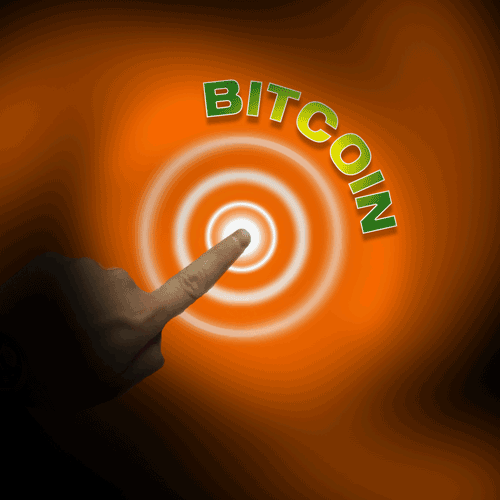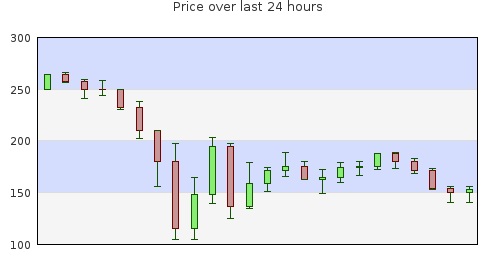
Bitcoin is an open-source peer-to-peer digital currency that is connected to no central authority such as a government. Managing transactions and issuing bitcoins are carried out by the peer-to-peer network using a software device called, to keep terminology in real-world terms, a “wallet.” Many users of bitcoins merely speculate that their value will increase, but it is also possible to use bitcoins to buy real things.
Although Bitcoin has been around since 2009, the brainchild of a pseudonymous developer (or developers) named Satoshi Nakamoto, it remains shadowy and misunderstood by many people. The adjectives alone in the first sentence of this story need explaining, so let’s do that first.
“Open source” or “free software” is, according to http://www.fsf.org/about/what-is-free-software , “software that gives you the user the freedom to share, study and modify it. We call this free software because the user is free. To use free software is to make a political and ethical choice asserting the right to learn, and share what we learn with others. Free software has become the foundation of a learning society where we share our knowledge in a way that others can build upon and enjoy.”
“Peer-to-peer” refers to a transaction that is “initiated from a given port to any other port without . . . involving the CPU to route the transaction,” as Miquel Rodriquez of PLX Technology explained in general in Electronic Products Magazine in 2009. Bitcoin transactions travel from investor to investor without any central authority, be it a host CPU or server – or, as in the case with most if not all other currencies, a government to back it and regulate it.
“Digital currency” is perhaps the most familiar part of bitcoin. The money is digital, like electronic fund transfers or direct deposits, but it it is only digital; there is no hard, printed money. Hence the name: bitcoin (some people capitalize the “B,” others don’t).
A bitcoin “wallet” is also, naturally, digital. It is username and password protected, but with a serious catch. Like your physical wallet, you must hold onto your bitcoin wallet because you will lose all of your bitcoin money if you lose your wallet. That’s because, and here’s the serious catch, if you lose your username and password, there is no “central authority” that is keeping it for you. The process of getting bitcoins from the peer-to-peer network is called “mining.” This “distributed consensus system is used to confirm waiting transactions. To set up a bitcoin system, go to http://bitcoin.org.
There is one more term necessary to explain. Bitcoin replaces a central authority with the ancient concept of c ryptography to control its creation and transactions. Prior to the modern age, cryptography was effectively synonymous with “ encryption ,” the conversion of information from a readable state to apparent nonsense . In the computer age, the methods used to carry out cryptology have become increasingly complex and its application more widespread.
Many people buy bitcoins to speculate. This graph shows how the value of a bitcoin can fluctuate:

In 24 hours, the value of a single bitcoin on the biggest exchange, Mt. Gox, has gone as high as $266 and as low as $105. [Mt. Gox opened in July 2010, and, according to Wikipedia, by 2013 was handling 70% of all Bitcoin transactions. In February 2014, the Mt. Gox company suspended trading, closed its website and exchange service, and filed for a form of bankruptcy protection from creditors .] A current list of bitcoin exchanges can be found at http://planetbtc.com/complete-list-of-bitcoin-exchanges/
There are some places that accept bitcoins in transactions. Two sites show you where to go: http://bitcoin.travel/ and http://bitcoinnavigator.com. In Brooklyn, NY, for example, you can use bitcoin at Crepes and Sandwiches at 147 Front Street, Brooklyn, NY 11201, for “a crepe, Bahn mi sandwich and fresh lemonade” with 1 Ƀitcoin!” You can also hire a moving company, Get There Moving at 253 Greenpoint Ave., Brooklyn, NY 11222.
Sources
http://www.fsf.org/about/what-is-free-software
http://en.wikipedia.org/wiki/Bitcoin
http://en.wikipedia.org/wiki/Cryptography
http://go.bloomberg.com/market-now/2013/04/11/bitcoin-still-not-a-currency-and-now-crashing/
Advertisement
Learn more about Electronic Products Magazine





